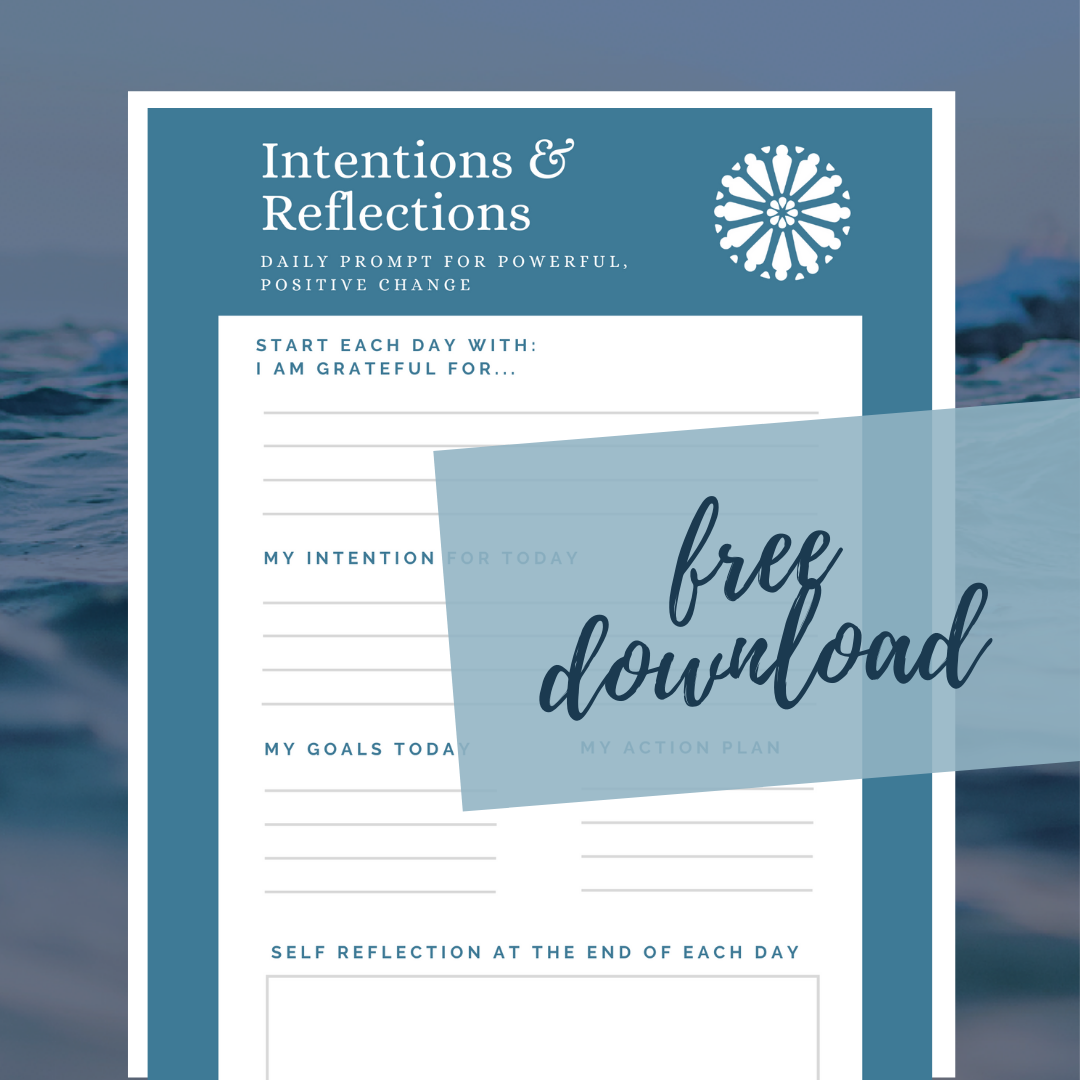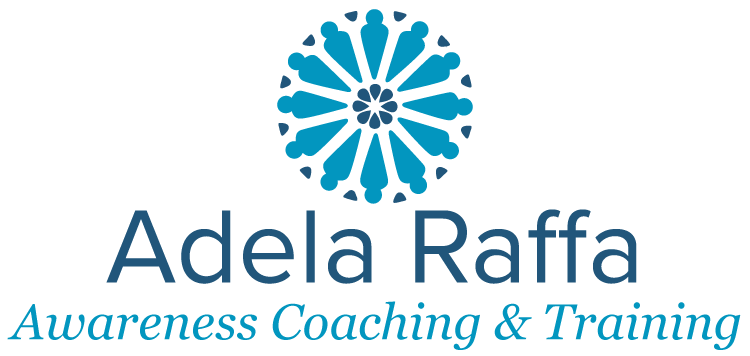The Ultimate Guide to Master Your Emotions

How are you holding up?
With the current climate of pandemic, social unrest, uncertain economy, common answers I hear lately are “Fatigued, overwhelmed & stressed.” Since emotions and awareness are my daily topics, I thought I’d offer some guidance in how to master your emotions. By that, I mean recognize, observe and manage them. It’s critical to deal with your emotions during chaotic and uncertain times. Your overall well-being depends on it.
If you read the typical self-help books, the focus will primarily be on your mind. Think differently and you’ll feel differently, they say. Maybe so…But most people I know can’t just “snap out of” what they’re feeling. While a healthy mindset is a key component to a healthy body, positive thinking alone won't cure everything. There’s a few extra steps.
Perhaps we aren’t asking enough (the correct?) questions to understand the deeper underlying root causes for the discomfort? And, who are we asking? We trust outside sources, often without enough research or due diligence, and without investing the time it takes to work on ourselves first.
Additionally, we’re caught up in the instant gratification trap…the quick fixes, which often leads to increased stress, anxiety and overwhelm. There’s so much noise! Inner and outer commotion hinders and blocks our ability to connect with our inner world. People feel ‘empty’ and ‘lonely’ and want to keep busy to fill the void.
In order to master emotions, keeping your body in a good shape is a principal key.
When your body gets out of balance (sick, injured, diseased etc) you’re going to feel crappy….period. When people feel miserable on a regular basis, they often self-medicate with alcohol, drugs, food etc. Approximately 1 in 6 Americans take psychiatric drugs for anxiety and depression. So, where do we focus our healing first…emotionally, physically, mentally or spiritually? All of the above…The body, mind, spirit and emotions are interconnected.
Your body is pregnant with wisdom, yet most people choose to numb it, dull the senses and resist birthing the innate wisdom available to us. Emotions are essential to our intelligence, social skills, how we understand ourselves, others and the world. Emotions are energy in motion. Feelings are the language of the body’s experience; the bridge between the mind and body. Awareness is turning your attention inward, mindfully and without judgment, to observe your thoughts and feelings.
Neuroscientist Lisa Feldman Barrett talks about the link between the physical and the mental in her book “How Emotions are Made”. Making that connection and putting it to work for you is the way to master emotions, enhance resilience and become an overall better person. Barrett discusses the importance of keeping your ‘body budget’ in good shape. The recommendations are things we have heard before: such as eating healthy, drinking water, enough sleep and spending time in nature. The simplest way to master your emotions in the moment is to move your body, Barrett writes.
The ultimate strategy for mastering your emotions begins by going within.
What you seek is seeking you, as the saying goes. Additionally, here’s 10 keys to practice:
Breathe. Please spend more time connecting to your breath! Deep breathing will help you in countless situations. Pay attention to your breathing patterns and set an alarm if you need to remind yourself to breathe more & deeper.
Physical surrounding. Become aware of the spaces you spend time in. Engage your senses and pay attention to what you see, what you hear, and what you feel. If it doesn’t enhance your comfort level, leave or change what you can (clutter for example). Also, frequent places that bring you inner peace, such as nature. Personally, I’m extremely sensitive to my environment; I’ve learned to use my intuition and body sensations to discern.
Physical touch. It’s a fundamental human need…Engage in more touching & hugging, get and give massages, find ways to bond and create more intimacy with your partner. If you live alone, you can touch, hug and nurture your body in a variety of ways, get creative!
Meditate/ prayer/ mindfulness/ ritual. Spend a few moments in silence every day. You can sprinkle them throughout the day for a mind-body reset. Use the time to meditate, pray or practice a mindfulness exercise. Numerous studies find meditation has a potent effect on the brain function.
Socialization & play. Children learn important life skills through play and creating fun with their friends (imagined & real). It doesn’t stop when we reach adulthood. Playing, having fun, laughing and collecting experiences adds to our sense of satisfaction, happiness and meaning.
Creative outlet. Arts & crafts, cooking, poetry, decorating….anything that gets your juices flowing and you lose a sense of time. You don’t even have to be “good” at the activity, the point is to relieve stress, challenge your brain and enjoy yourself.
Music. Listening, dancing, recording, writing…music is a fantastic resource for emotional well-being.
Read/ learn something new. Reading and learning something new is a fundamental piece to emotional mastery. Invest more time in your personal growth & development to benefit both your mind and emotional health.
Water. Drink more of it, swim in it, sit by it, bathe in it…Water is life.
Journal. Keeping a journal can improve your mood by tracking and prioritizing problems, fears, and concerns. Also, it provides an opportunity for positive self-talk and identifying negative thoughts. To keep it simple, start a gratitude journal! List 3-5 people/things every day that you’re grateful for.
My suggestion would be to start small….What’s the one thing you are willing to commit to-something you can start today to be a better version of yourself tomorrow?
To Powerful, Positive Change…Cheers.
Adela

“Adela helped me during my darkest hours, when I felt hopeless and alone. Her compassion and support helped me find strengths within myself I didn’t know existed. Her belief in me became my guiding light until I could carry it for myself.”
– Jennifer
